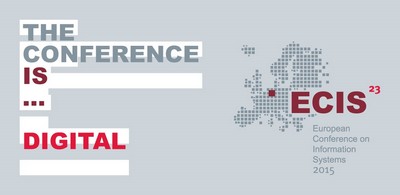DOI
10.18151/7217326
Abstract
The advent of Bitcoin in 2009 has not only introduced Cryptocurrencies and lead to a new digitization movement in the financial, especially payments industry but also made way for a new breed of innova-tive technologies based on decentralized digital currencies. Generally, decentralized consensus sys-tems could change the very nature of how companies, organizations and individuals are built and in-teract with each other. Decentralized consensus systems, decentralized applications and smart con-tracts provide the conceptual framework as well as the technological basis to establish predefined, incorruptible protocols and contracts to organize human behavior and interconnectedness. However, the technical protocols and implementations are quite complex and practitioners as well as interdisci-plinary researchers not familiar with cryptography, network protocols or decentralized networks are struggling to find access to these concepts and grasp their potential. To fill this gap, we develop a comprehensive taxonomy of decentralized consensus systems in order to provide a tool for researchers and practitioners alike to facilitate classification and analysis of emerging technologies in the field of "Crypto 2.0", the next level of innovation beyond cryptocurrencies.
Recommended Citation
Glaser, Florian and Bezzenberger, Luis, "Beyond Cryptocurrencies - A Taxonomy of Decentralized Consensus Systems" (2015). ECIS 2015 Completed Research Papers. Paper 57.
ISBN 978-3-00-050284-2
https://aisel.aisnet.org/ecis2015_cr/57


